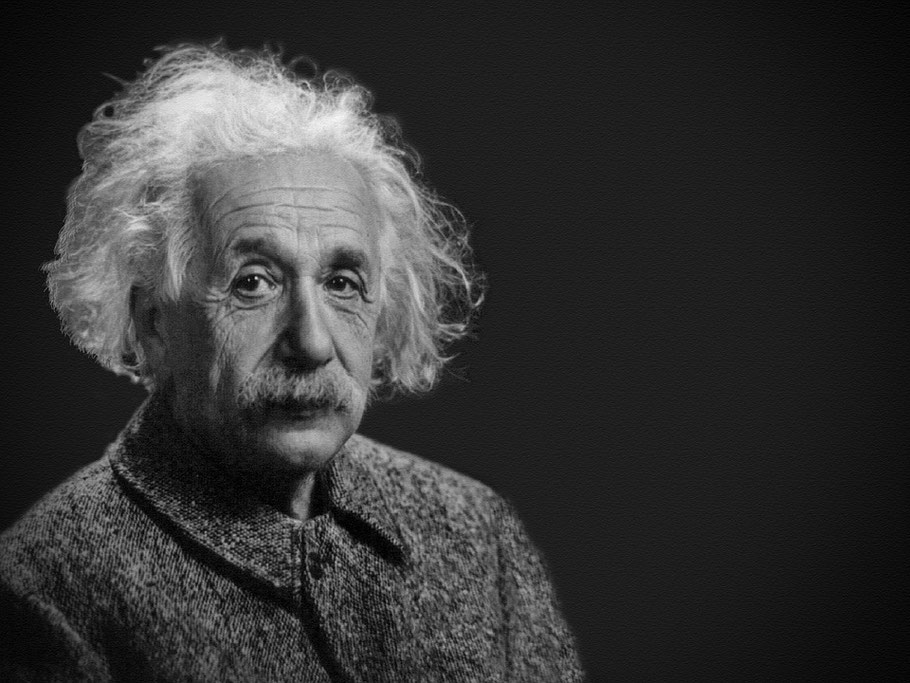
Albert Einstein shared the essence of learning through his famous maxim, “Learning is experience. Everything else is just information.” Museums excel at information and visits to many of them are quite an experience, but it’s engagement that matters.
I love museums, so I’m usually an engaged visitor, but others do not share my interest. A graduate student in my museum education class described how he hated museums because he found them to be boring and irrelevant. Despite his dislike of the subject matter, he was an enthusiastic student with creative ideas about how museums should engage the public in more entertaining ways.
He knew that the key to a successful learning experience is its ability to inspire. A well-planned field trip can serve as inspiration to broaden perspectives, learn new topics, and develop new interests. The following tips will help you plan meaningful field trip experiences for your students.
Prepare yourself by reading about various experiences the museum offers. Identify how the field trip program will complement and enrich the curriculum. Is it a self-guided, observation only tour or a hands-on, interactive experience? Will students have opportunities to explore and discover more about the topic or will they be listening to others? In other words, make sure you know what will happen on the trip. A boring field trip tour lasts forever.
Spend time building background knowledge prior to the visit with essential questions. Brainstorm questions about the topic, and have students further refine their questions in small groups to promote discussion. Allow students to follow their curiosity and interests to help them make connections and understand the purpose of the visit. This process makes the upcoming trip more meaningful and relevant. Jay McTighe and Grant Wiggins, authors of the book Essential Questions, share the following examples of arts-related essential questions.
- What can artworks tell us about a culture or society?
- What influences creative expression?
- If practice makes perfect, what makes perfect practice?
Inspire emotional connections before the trip by reading books/articles about the topic and exploring the museum’s website. Explore a few of the objects/artwork online to build a sense of how they are displayed. Students will be excited when they see the objects they “know.”
Reading what other teachers/students are saying about the museum program on social media also builds excitement for the trip. Many museums also offer opportunities to extend the learning for families. For example, the National Aquarium in Baltimore partnered with the Enoch Pratt Free library to create the Read to Reef Book Club. Kids can earn up to four Aquarium tickets through reading.
With younger children, don’t forget about the 4 “B”s of museum-going:
- Behavior: Review how visitors/students behave at a museum.
- The Building: Young children react to new surroundings. An encyclopedic museum can be overwhelming! Take time to explain the site and its features.
- The Break: When will they eat their snacks/lunch? Are backpacks allowed inside the building? Students won’t learn if they’re hungry.
- The Bathroom: This should be the first stop before beginning any adventure with young children, and they should never enter a bathroom alone.
Another B – the bus ride. Review the seating chart and the behavioral expectations before the trip, and make certain you notify the school nurse at least a week in advance. Student medications and Epi-Pens will need to be placed in field trip medication envelopes.
On the day of the trip, pack:
- Copies of the bus roster and itinerary for parents (leave one at school)
- Emergency contact information/numbers for all students
- Permission forms
- First Aid Kits
Inquiry, creativity, inspiration, and discovery. A well-planned, effective field trip enhances instruction by offering interdisciplinary learning and opportunities for students to think in new ways.
What meaningful field trips have you
experienced?
